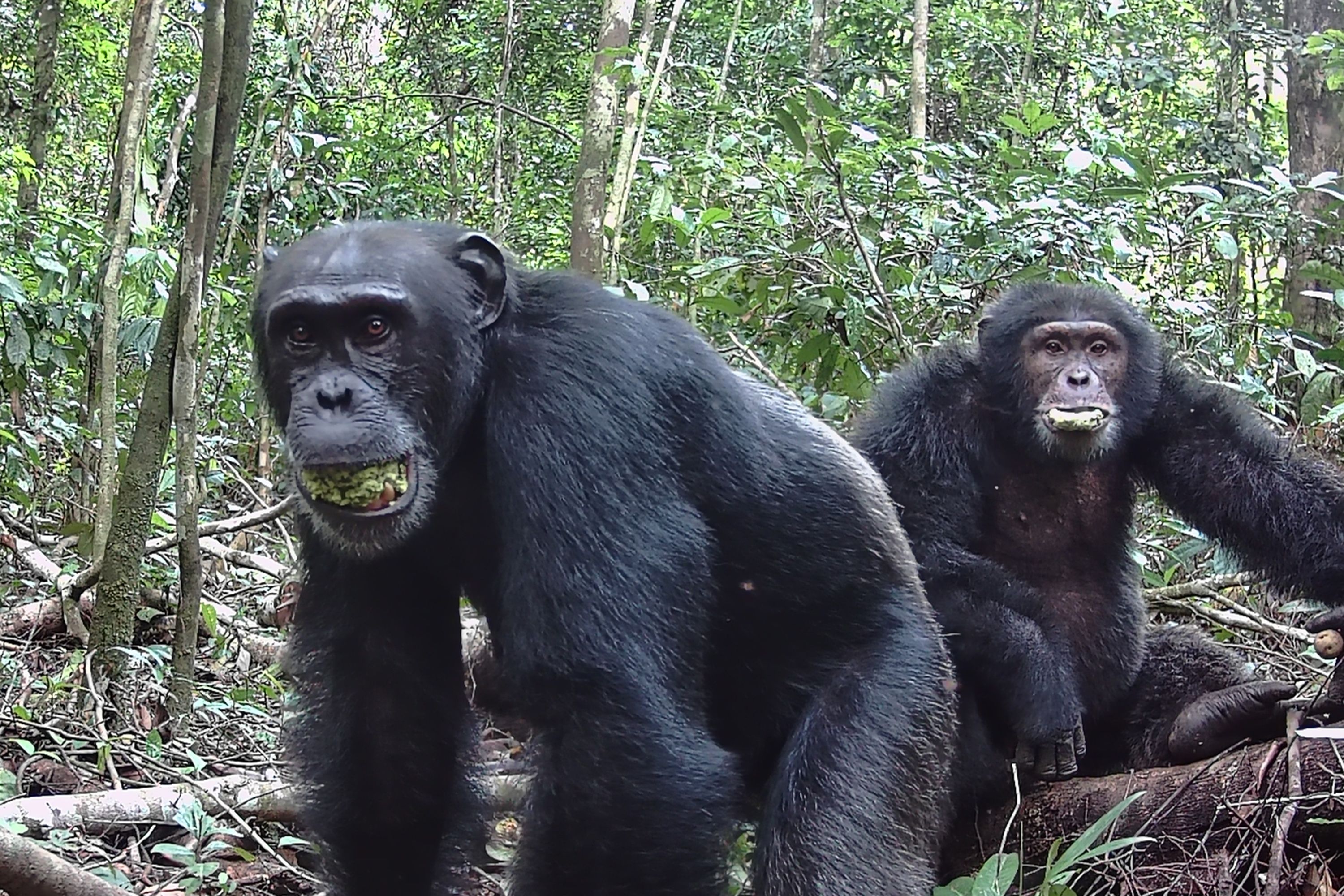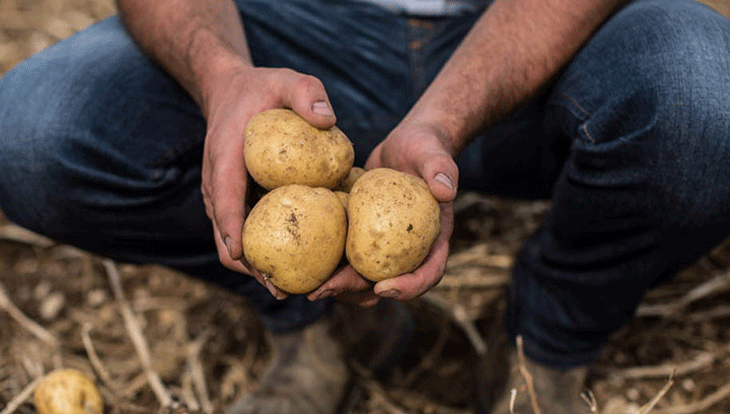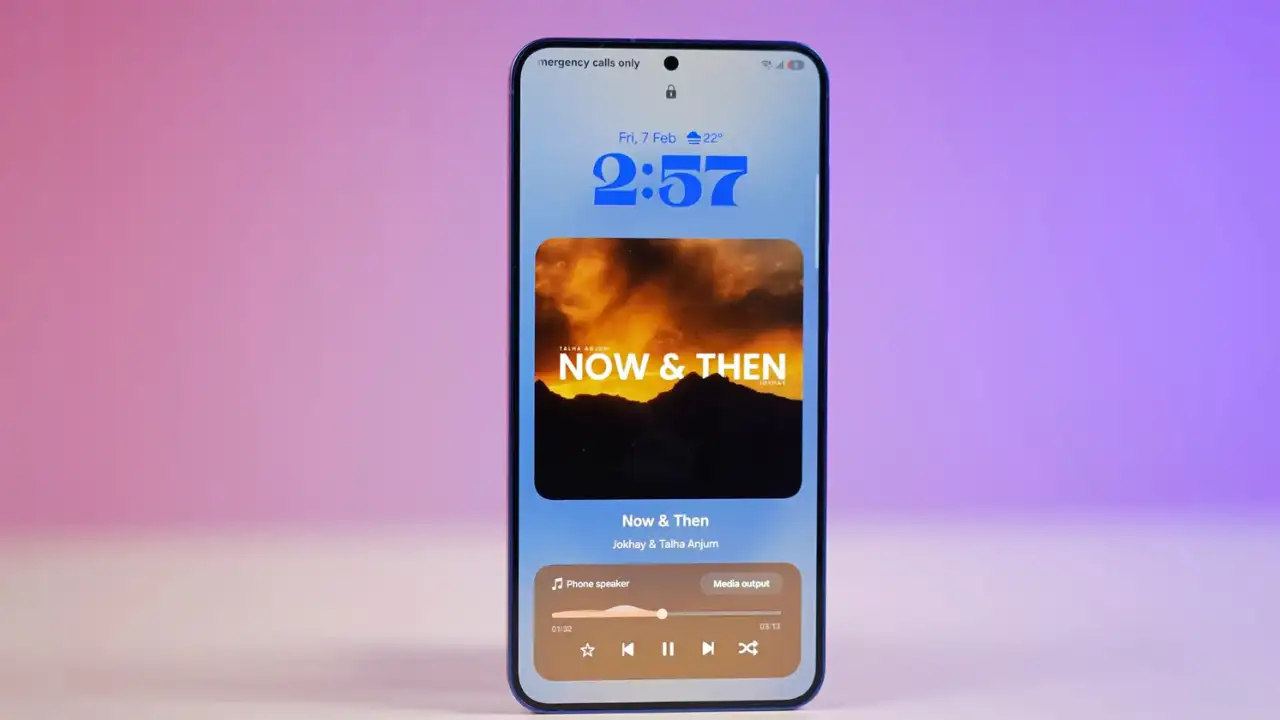
Human cravings for booze may have deep evolutionary roots, a new study has shown.
The study, published in Science Advances, involved observing the eating behaviors of chimpanzees—”our closest living relatives”—in Uganda and the Republic of Côte d’Ivoire, in Africa.
The study found that a chimpanzee’s daily alcohol consumption from eating fermented fruit was the equivalent of having around “two glasses of wine per day,” Robert Dudley, a researcher from the study and biology professor at the University of California, Berkeley, told Newsweek.
Dudley and his team examined how much ethanol—or alcohol—is ingested by chimpanzees via fruits, which may help explain why our love for alcohol persists today.
Human attraction to alcohol “may have deeper evolutionary roots” and “derive from an evolutionary association between ethanol and fruits consumed by animals in nature,” the scientists noted in the study.
The chimps’ ethanol consumption supports the “drunk monkey” hypothesis, which says that people’s attraction to alcohol can be traced back to the ancestral behaviors of apes.
Dudley said the study measured the fruit ethanol concentrations of several species of fruits commonly consumed by chimpanzees at two field sites. The researchers found an overall concentration of around 0.3–0.4 percent alcohol within the fruits.
“Chimpanzees in the wild consume around 10 percent of their body mass per day in fruit pulp, so these seemingly low concentrations really add up,” Dudley noted.
Using long-term dietary data of habituated chimpanzees from each of the two field sites, the researchers found that chimpanzees consume about 14 grams of pure ethanol per day of foraging, Dudley said. This equates to around 1.4 standard drinks per day when normalized for body weight, according to international standards.
Dudley explained: “For reference, a 125 mL glass of 12.5 percent wine would contain 12 grams. We can also account for the fact that chimpanzees weigh 40 kg on average, compared to humans at 70 kg. With this correction, we could say the chimpanzees are consuming the equivalent of, to us, two glasses of wine per day.”
The professor said that these measurements of ethanol content across various fruit species, when cross-correlated with known ingestion rates by wild chimpanzees, “demonstrate chronic low-level consumption of ethanol at physiologically significant levels by our closest living relatives.”
He noted that this is a key prediction of the “drunken monkey” hypothesis, which has “now been substantiated by empirical results, and pertains not just to apes but also to all animals, particularly in the tropics, that routinely ingest large fractions of fruit within their diet.”
The study’s finding also “establishes the evolutionary background for likely exposure to ethanol in the most recent common ancestor to chimps and ourselves,” Dudley explained, adding that it “suggests benefits to the evolution of sensory and behavioral mechanisms that facilitate localization and then rapid consumption of ripe and fermenting fruit.”
The professor noted that alcohol consumption would thus be advantageous for caloric gain and ultimately survival.
“The underlying attraction mechanisms may have been retained in modern humans, rendering our tendencies to consume liquid alcohol—sometimes to excess—an ‘evolutionary hangover,'” he said.
Dudley added: “Future work includes assessment of primate consumption choices relative to fruit ethanol and sugar content, and genomic analyses of those genes involved in alcohol metabolism for all fruit-eating animals.”
Do you have a tip on a science story that Newsweek should be covering? Do you have a question about alcohol consumption? Let us know via science@newsweek.com.
Reference



